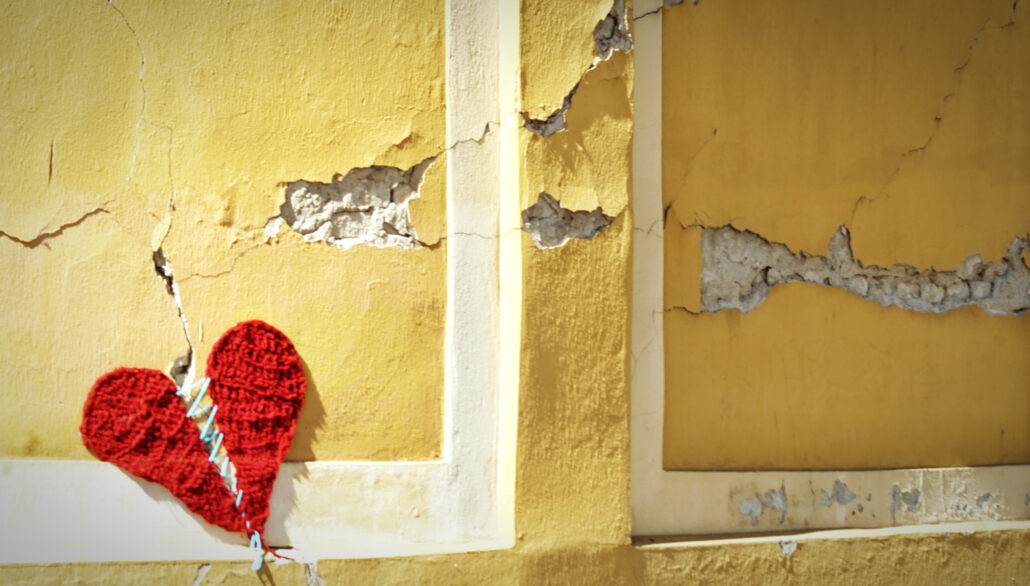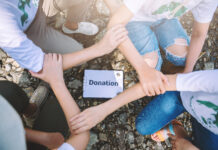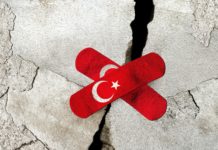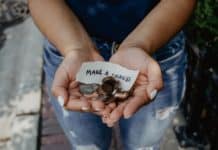
Almost 3,000 casualties of the Morocco earthquake have been found to date, and thousands more are dealing with unimaginable loss. Here are 10 ways you can help.
The number of casualties of the 6.8 magnitude earthquake that destroyed parts of Marrakech and smaller cities, towns and villages south of the city last week continue to mount, and those who survived the quake are dealing with loss of homes, loved ones and communities. As rescue and recovery efforts continue on the ground, the needs of those reeling from the devastation continue to grow.
The country’s government is currently only accepting governmental help from four countries — Spain, Qatar, Britain and the United Arab Emirates — but there are many local and international non-governmental organizations that already are on the ground in Morocco. Here are a few organizations you can support to help victims in the aftermath of the strongest earthquake to hit Morocco in 100 years:
- The High Atlas Foundation is a Morocco-based U.S. nonprofit that is providing food, water and shelter to people in the hard-hit High Atlas Mountains. The foundation’s years of experience bringing supplies to remote villages makes it “uniquely equipped to procure, transport, and distribute supplies for disaster relief,” the organization says. It focuses on long-term rebuilding efforts as well as providing immediate relief.
Donate here. - GlobalGiving’s Morocco Earthquake Relief Fund is raising funds to provide food, water and shelter to those who have been displaced by the earthquake. Like the High Atlas Foundation, it also supports long-term recovery efforts.
Donate here. - Banque Alimentaire (Food Bank of Morocco), a Casablanca-based nonprofit association, is collecting and distributing food to people in need via more than 200 associations across Morocco.
Donate here. - The International Medical Corps is working with the World Health Organization to send medical help and supplies to Morocco.
Donate here. - The International Federation of Red Cross and Red Crescent Societies (IFRC) has already provided more than $1 million from a Disaster Response Emergency Fund to support Moroccan Red Crescent relief efforts in the country. “We expect this initial release of money to make a difference on the ground,” Dr. Hossam Elsharkawi, IFRC’s regional director of Middle East and North Africa, said in a statement. “It will be used to buy essential supplies locally in Morocco. The people in the Moroccan Red Crescent know their communities best, and know best what is needed.”
Donate here. - Doctors Without Borders, which is always on the scene to provide medical help at natural disasters around the world, has sent 10 staff members to Morocco to assess what the local hospital needs are and how the organization can support the Moroccan government with supplies or logistics.
Donate here. - The World Central Kitchen, a global organization founded by chef José Andrés that provides meals on the front lines of humanitarian disasters, is teaming with Moroccan volunteersto provide food and water in the remote areas hardest hit by the earthquake, as well as using helicopters and off-road vehicles to get food to affected communities. “We are providing sandwiches, fruit, and water to offer immediate support and our team in Spain is on its way with multiple food trucks and kitchen equipment to begin cooking fresh meals as soon as possible,” the organization said in a statement.
Donate here. - CARE Morocco is prioritizing getting help to youth and disadvantaged groups in rural areas of the country, including women, girls, the elderly, families with young children, and those who can’t access other emergency services options.
Donate here. - Islamic Relief, based in Virginia, has staff on the ground locally who are coordinating relief efforts with local humanitarian organizations.
Donate here. - Crowdfunding website GoFundMe has released a list of verified fundraisers to help individuals and families impacted by the disaster.
As always, take care to ensure that your contributions are going to a verified charitable organization. Two good sites to use are CharityWatch and Charity Navigator, which both enable potential donors to learn how much of the proceeds from U.S. groups actually are used for charitable purposes, rather than salaries and administrative overhead. And remember that the lives impacted by the Morocco earthquake will continue to be disrupted for a long time to come, while charitable giving usually dries up once the headlines fade, so continued support in the longer term is welcome.
You May Also Be Interested In…
Travelers Encouraged to Return to Maui, Respectfully










